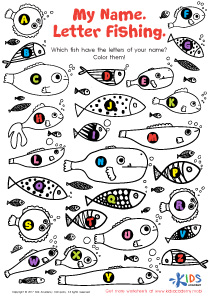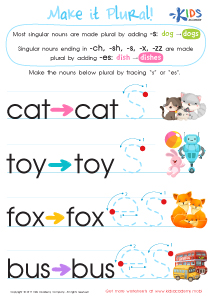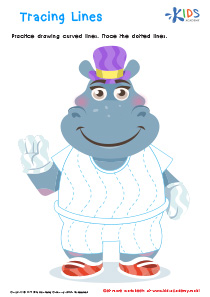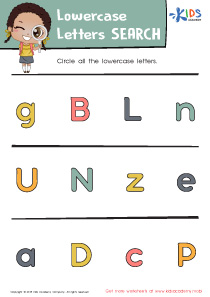Fine motor skills improvement Easy Alphabet Worksheets for Ages 5-6
3 filtered results
-
From - To
Enhance your child's fine motor skills with our engaging Easy Alphabet Worksheets, specially designed for ages 5-6! These printable worksheets incorporate fun activities that promote hand-eye coordination, gripping, and writing skills. With a focus on letter formation and recognition, each worksheet encourages children to practice tracing, coloring, and connecting letters in a playful and interactive way. Ideal for home or classroom use, these resources are perfect for young learners to develop essential handwriting skills and boost confidence in their reading journey. Explore our collection today and watch your child’s fine motor development thrive while mastering the alphabet!
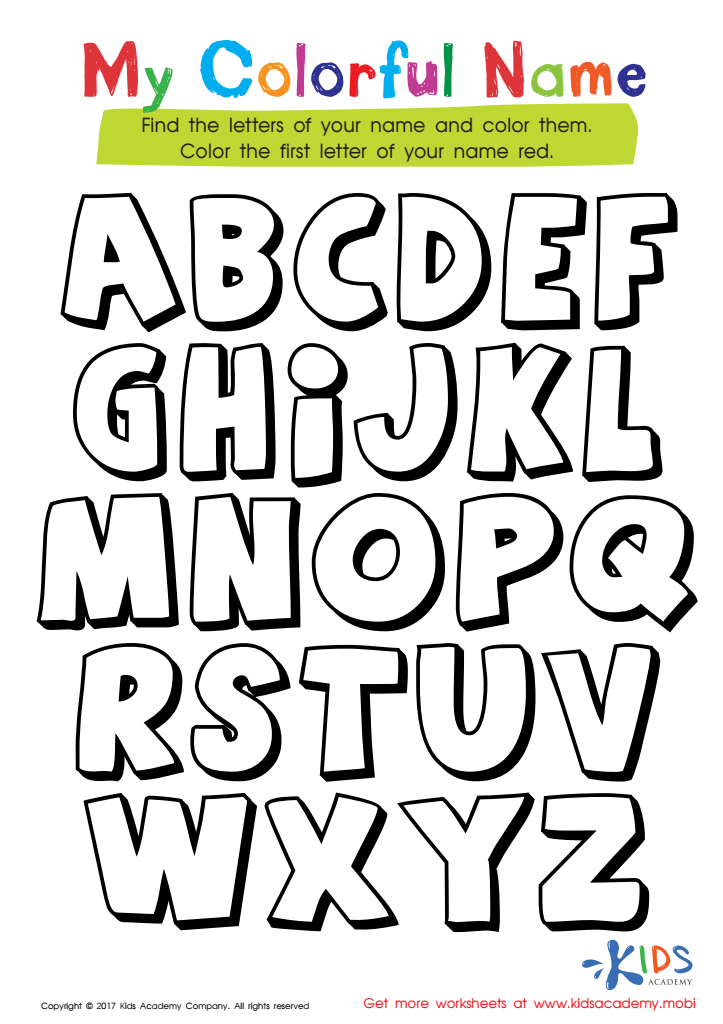

My Colorful Name Worksheet
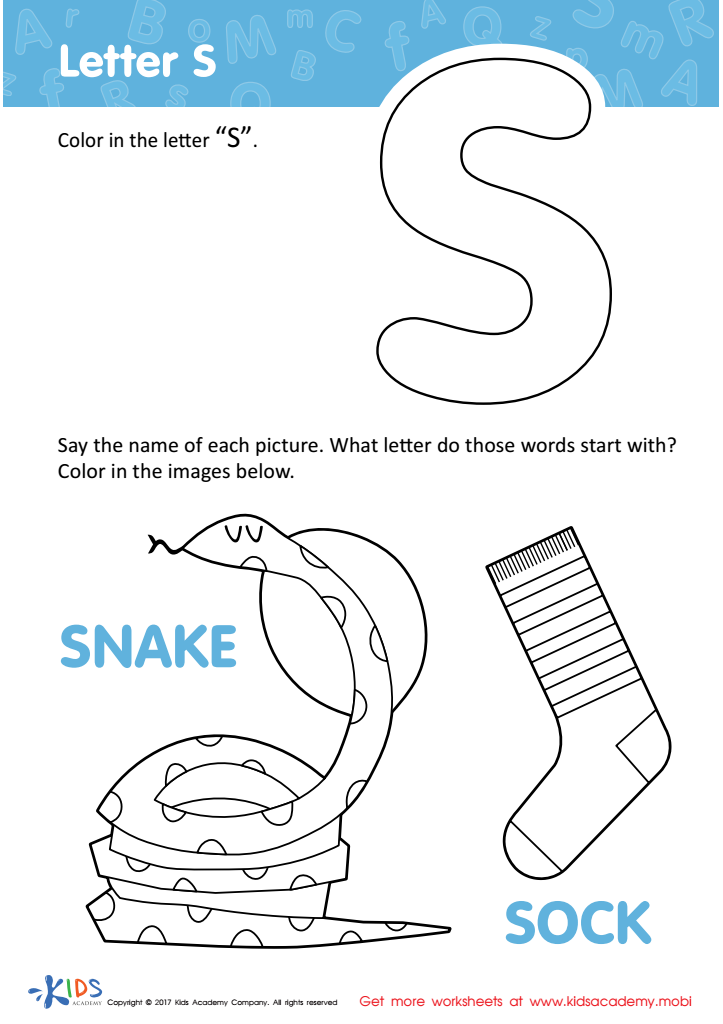

Letter S Coloring Sheet
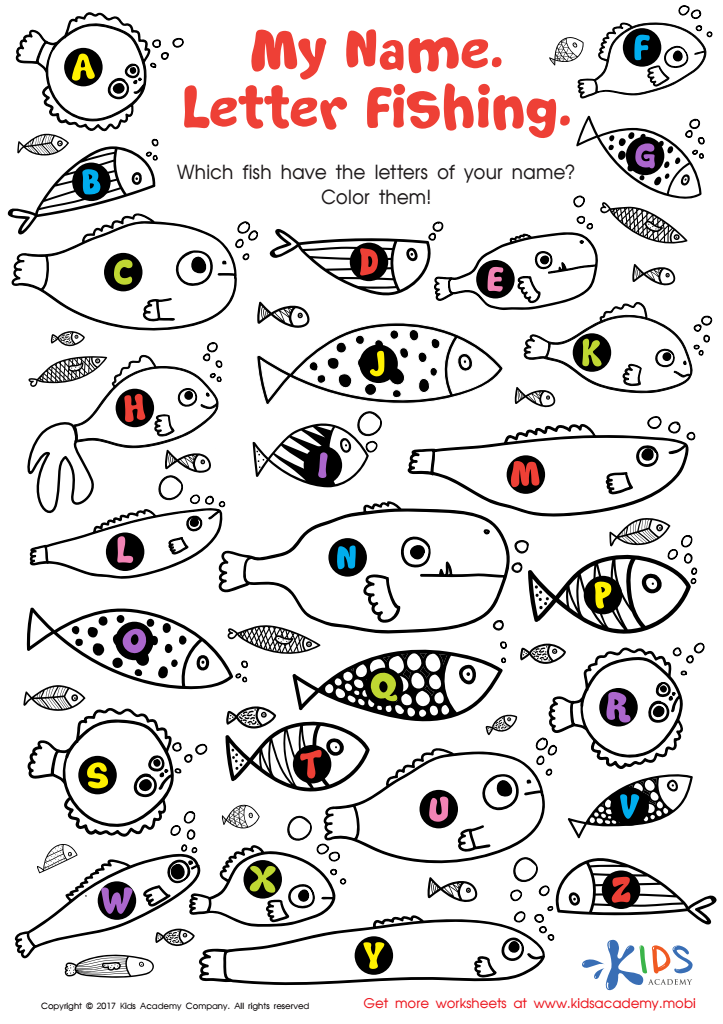

My Name: Letter Fishing Worksheet
Fine motor skills are essential for young children's development, especially for learners aged 5-6 who are just starting to master the intricacies of writing and other hand-eye coordination tasks. Programs like Easy Alphabet help strengthen these skills, which can enhance children's academic readiness and boost their confidence.
When children learn to manipulate small objects, such as writing tools, they build the necessary muscle control and dexterity required for forming letters. This foundational skill set extends beyond handwriting; it plays a crucial role in everyday tasks such as buttoning clothing, using utensils, or participating in arts and crafts.
Parents and teachers should care about improving fine motor skills because they directly impact a child's ability to engage in classroom activities, reducing frustration and allowing for a more positive learning experience. Furthermore, children with well-developed fine motor skills often perform better academically, as they can write more fluidly, focus on their work longer, and express their creativity.
By providing age-appropriate resources or programs like Easy Alphabet, adults can support children's fine motor development, paving the way for lifelong learning and fostering essential life skills. These early interventions can set the stage for future academic success and a smoother transition into more complex tasks as the child grows.
 Assign to My Students
Assign to My Students











